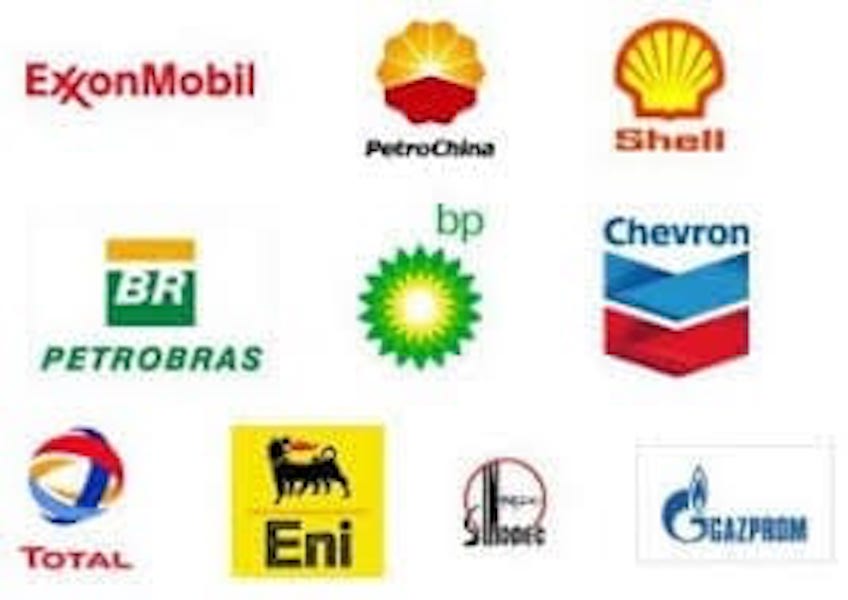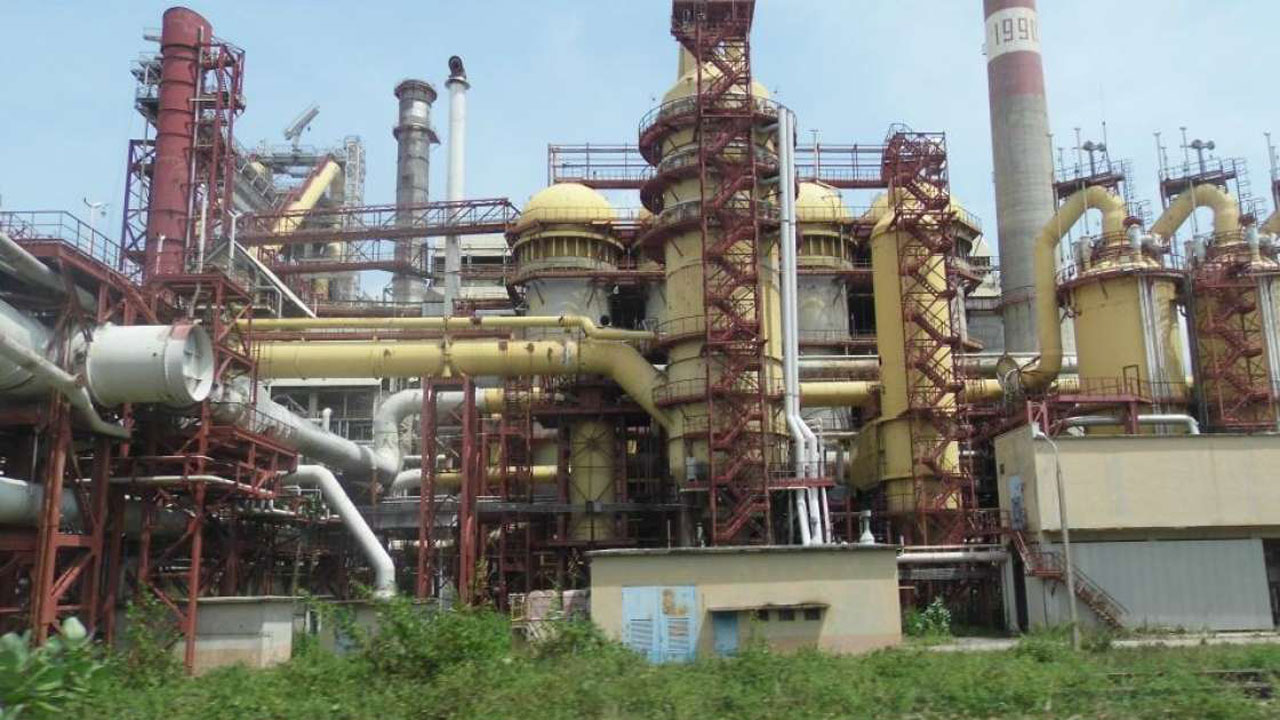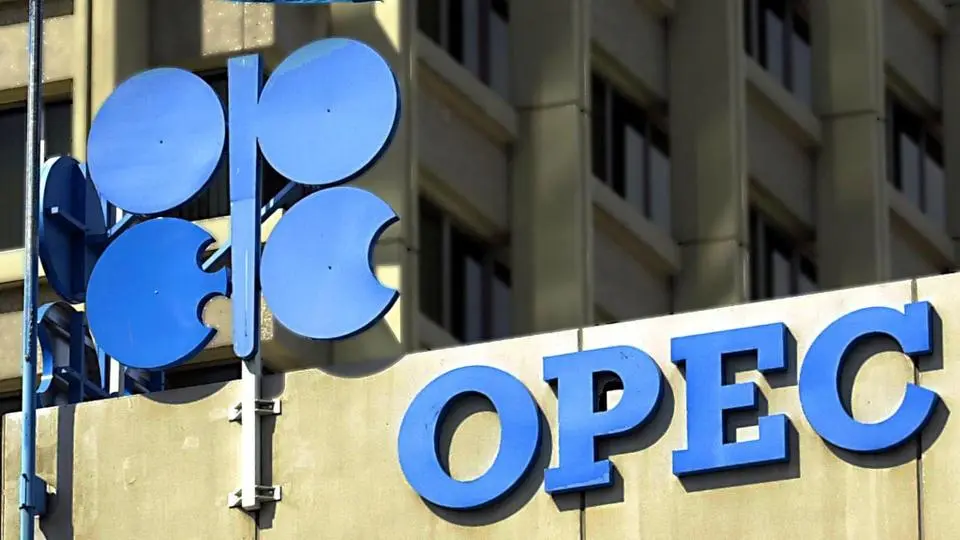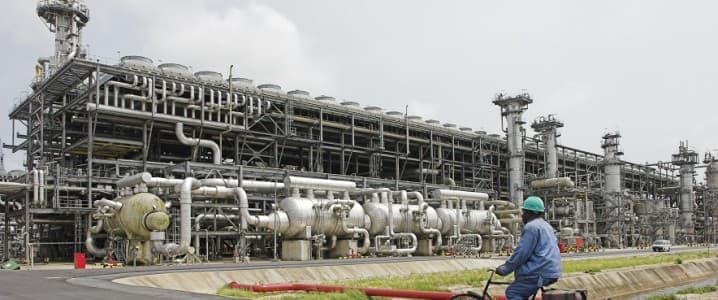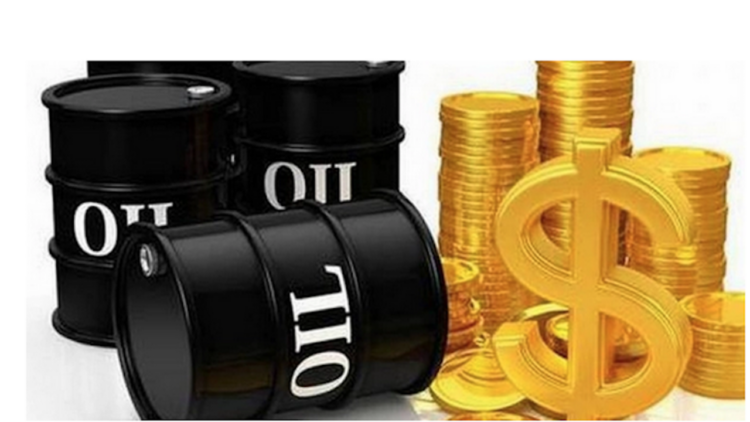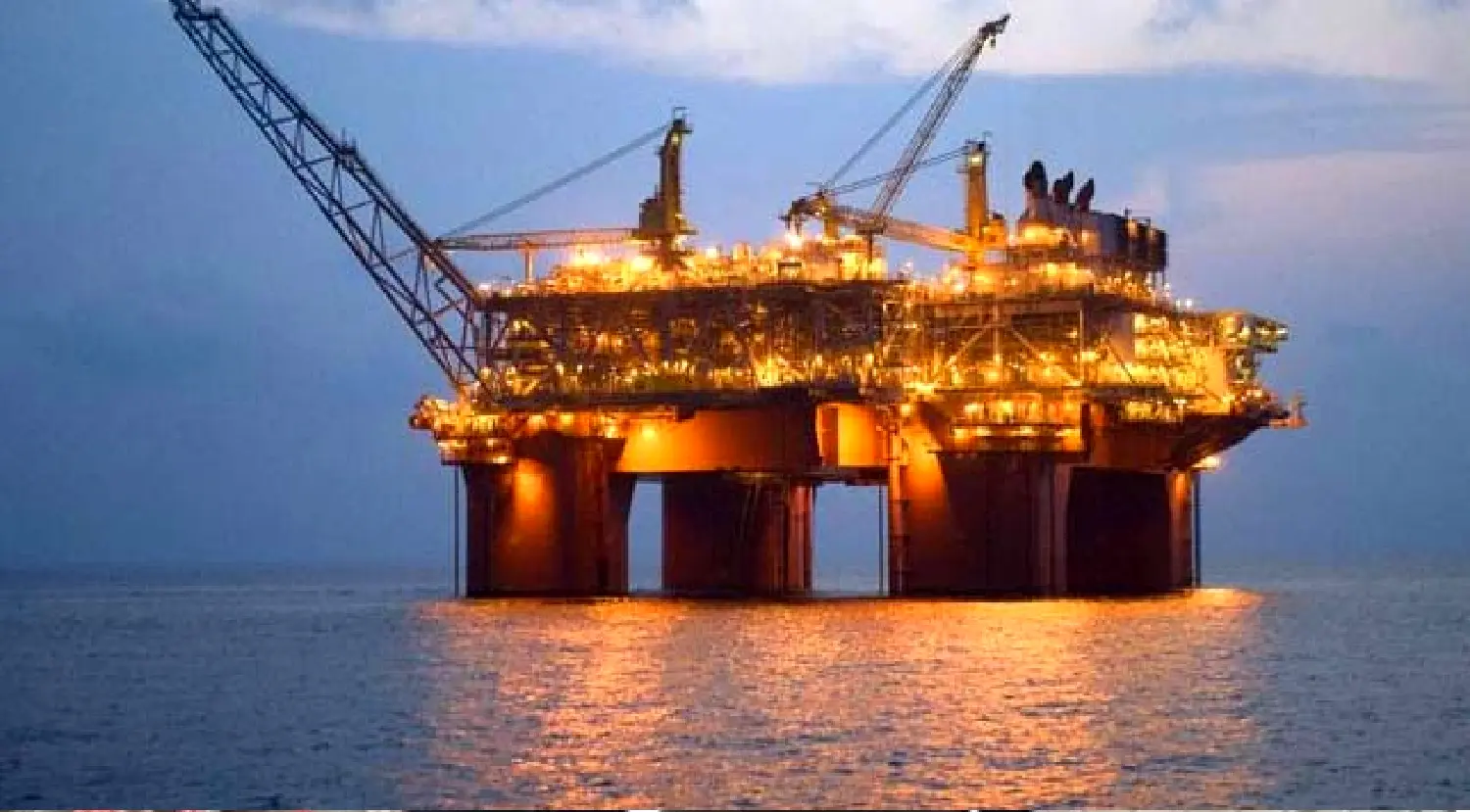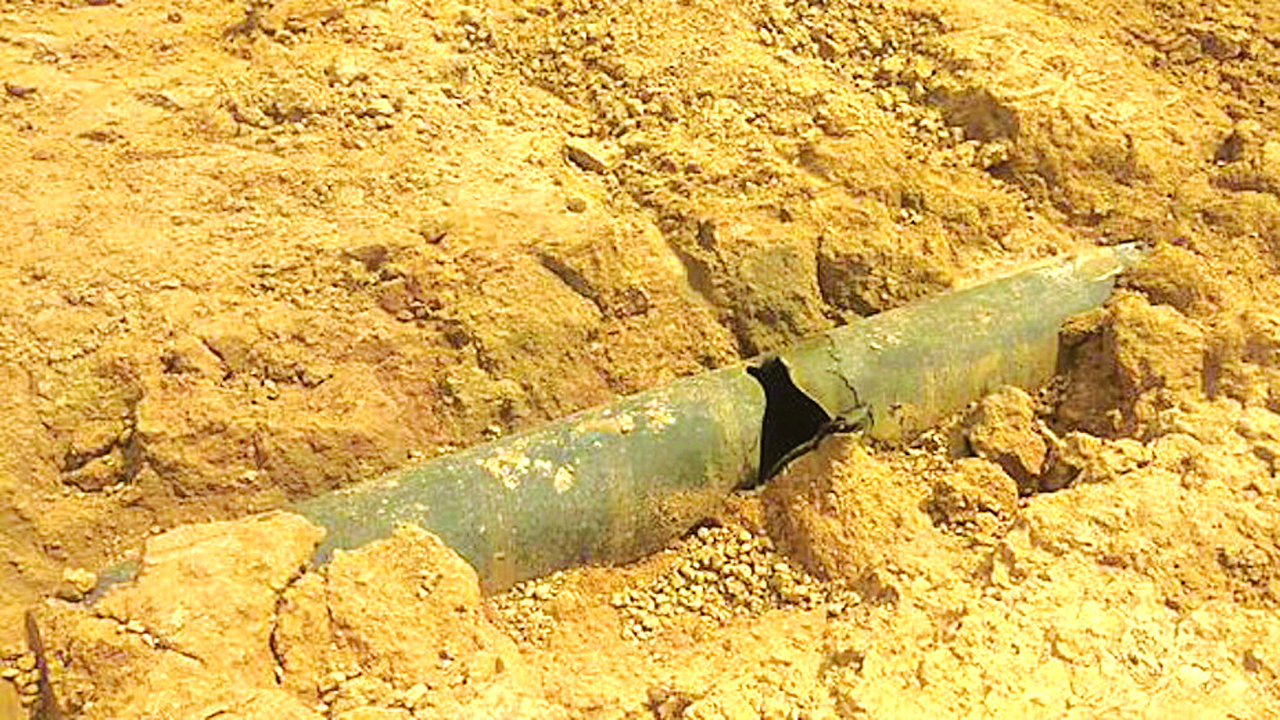The Nigerian National Petroleum Company Limited and its joint venture partner in Oil Mining Lease 85, First Exploration and Petroleum Development Company Limited, have commenced oil production from the asset also known as Madu Field.
Production from the field which is located in shallow waters offshore Bayelsa State and operated by First E&P is expected to be at an average of 20,000 barrels per day, NNPC stated in a statement issued on Friday by its spokesperson, Olufemi Soneye.
It said, “The achievement is a testament to the commitment of the President Bola Tinubu administration to optimise production from the nation’s oil and gas assets through the provision of enabling environment for existing and prospective investors.”
Speaking on the development, the Group Chief Executive Officer of NNPC Ltd, Mele Kyari, described the commencement of oil production at the Madu Field as a significant milestone that would contribute to the larger goal of meeting the production required to drive revenue growth and boost the nation’s economy.
Kyari, who commended stakeholders for their support, also explained that the addition of 20,000 barrels per day by an indigenous oil player signaled the commitment of stakeholders to achieving economic development for Nigeria.
Recall that the Final Investment Decision on the development of the Madu Field and a sister field, Anyala, was taken by the NNPC Ltd/First E&P JV in 2018.
“Production from the Madu Field will be processed at the JV’s Abigail-Joseph Floating Production Storage and Offloading Unit, which has a crude oil storage capacity of up to 800,000 barrels,” NNPC stated.
The Federal Government has been making efforts to ramp up crude oil production in Nigeria by addressing issues of oil theft and pipeline vandalism
For instance, the Minister of State for Petroleum Resources (Oil), Senator Heineken Lokpobiri, and Chief of Defense Staff, Gen Christopher Musa, met on Thursday to come up with additional strategies to halt crude oil theft and pipeline vandalism.
Lokpobiri, who played host to the defence chief in his office in Abuja, said the move would enable the Federal Government to shore up crude oil production, increase oil revenue, address foreign exchange issues, and boost the overall economy.
On Monday, it was reported that Nigeria lost about N720bn in revenue as a result of the consecutive monthly decline in its crude oil production in February and March 2024.
The report also stated that the country’s inability to ramp up production in these months made it miss its crude oil production benchmark in the 2024 budget.
But data from the latest April 2024 Monthly Oil Market Report of the Organisation of Petroleum Exporting Countries showed that Nigeria’s crude oil production (excluding condensates) witnessed the second consecutive monthly decline since the beginning of this year, as it dropped to 1.231 million barrels per day in March.
The Federal Government and operators in the sector have consistently blamed the drop in Nigeria’s crude oil production on theft and incessant pipeline vandalism in the Niger Delta region.
As part of measures to tackle the menace, Lokpobiri, on Thursday, hosted the defence chief, who led a military delegation to the minister’s office.
Speaking before the meeting went into a closed-door session, Lokpobiri said, “The quickest way to solving our economic problems is through oil and gas.
“Today, oil sells for over $90/barrel, and if we ramp production and reduce the level of oil theft and pipeline vandalism, we will be able to raise the requisite money to fund not only our budget, take care of our forex problem and then ensure that we stabilise our economy as a country.”
The minister said security and investment in its oil assets usually get priority attention globally and expressed optimism that the defence chief, who is very familiar with the Niger Delta terrain, would address the situation.
“Your appointment is putting a round peg in a round hole because everyone in Bayelsa sees you as a Bayelsa man and there is no creek that you don’t know,” the oil minister told his guest, as he urged the military delegation to reduce crude oil theft and pipeline vandalism to the barest minimum.
“By the time we increase production, we will be able to take care of the feedstock needed by Dangote Refinery, Port Harcourt, Warri, and Kaduna refineries, and modular refineries that we have so that we can have full benefit across the entire value chain,” Lokpobiri stated.
On his part, the defence chief stated that crude oil being Nigeria’s economic mainstay, deserves all the military support it needs.
“We know all the challenges that we are facing, some of them directly, some indirectly, but we assure you that the Armed Forces of Nigeria are fully in support of you and your ministry.
“We will continue to provide the necessary support to ensure that the country benefits from the God-given resources that we have,” Musa stated.


